The most anticipated slide deck of the year is here. Key takeaways:
- Global smartphone growth is slowing: Smartphone shipments grew 3 percent year over year last year, versus 10 percent the year before. This is in addition to continued slowing internet growth, which Meeker discussed last year.
- Voice is beginning to replace typing in online queries. Twenty percent of mobile queries were made via voice in 2016, while accuracy is now about 95 percent.
- In 10 years, Netflix went from 0 to more than 30 percent of home entertainment revenue in the U.S. This is happening while TV viewership continues to decline.
- Entrepreneurs are often fans of gaming, Meeker said, quoting Elon Musk, Reid Hoffman and Mark Zuckerberg. Global interactive gaming is becoming mainstream, with 2.6 billion gamers in 2017 versus 100 million in 1995. Global gaming revenue is estimated to be around $100 billion in 2016, and China is now the top market for interactive gaming.
- China remains a fascinating market, with huge growth in mobile services and payments and services like on-demand bike sharing. (More here: The highlights of Meeker's China slides.)
- While internet growth is slowing globally, that’s not the case in India, the fastest growing large economy. The number of internet users in India grew more than 28 percent in 2016. That’s only 27 percent online penetration, which means there’s lots of room for internet usership to grow. Mobile internet usage is growing as the cost of bandwidth declines. (More here: The highlights of Meeker's India slides.)
- In the U.S. in 2016, 60 percent of the most highly valued tech companies were founded by first- or second-generation Americans and are responsible for 1.5 million employees. Those companies include tech titans Apple, Alphabet, Amazon and Facebook.
- Healthcare: Wearables are gaining adoption with about 25 percent of Americans owning one, up 12 percent from 2016. Leading tech brands are well-positioned in the digital health market, with 60 percent of consumers willing to share their health data with the likes of Google in 2016.



 Your new post is loading...
Your new post is loading...

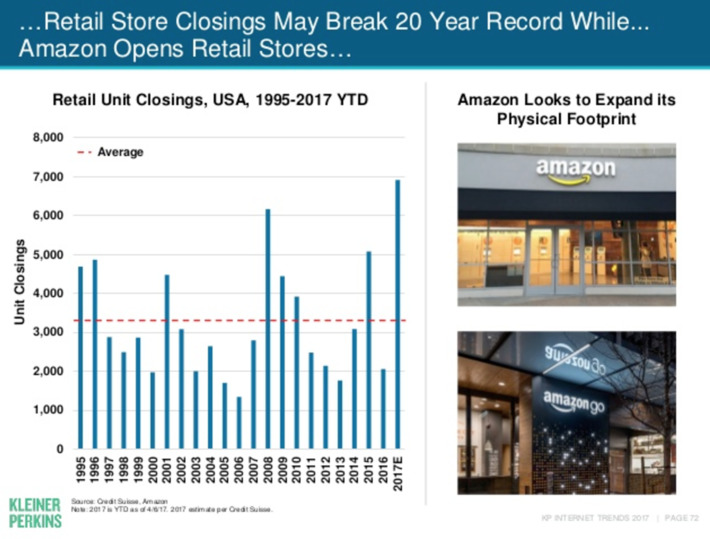

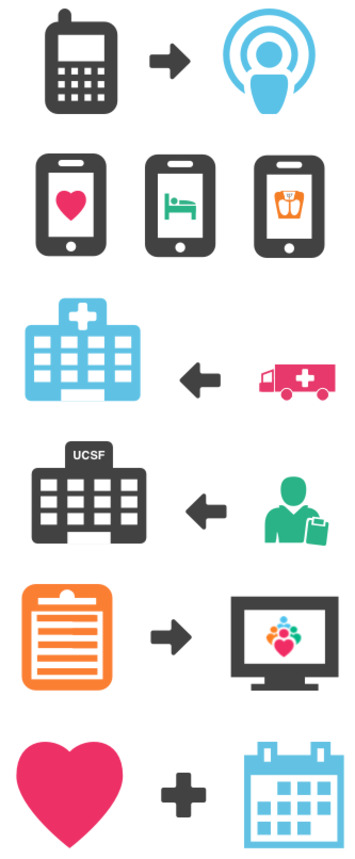
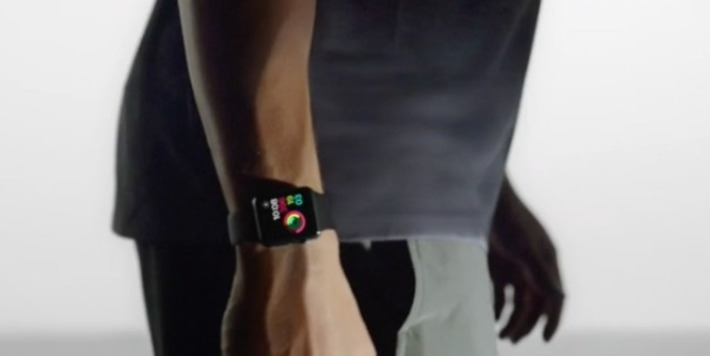
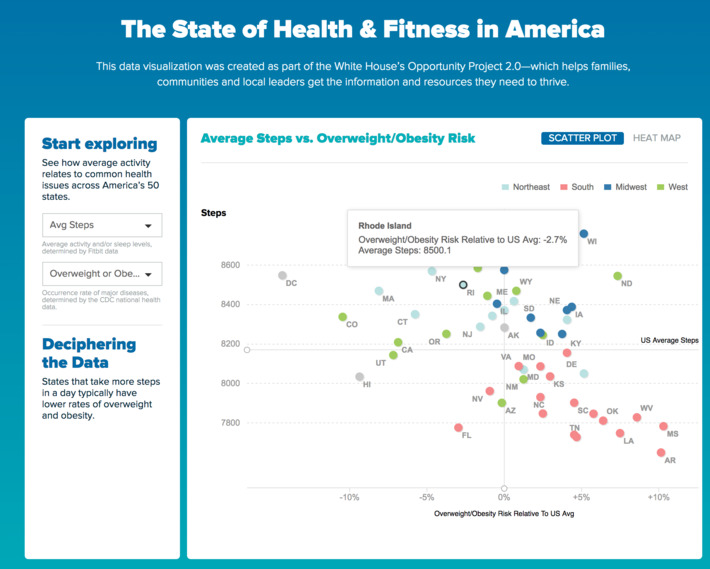
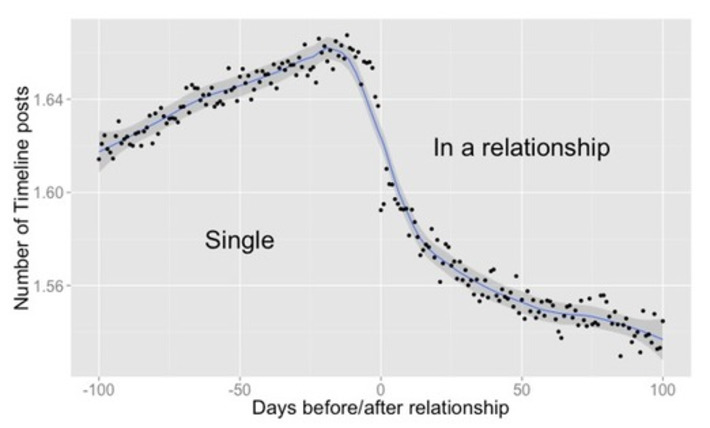









WHY THIS IS IMPORTANT
This is an annual bag of goodies.
Highlight #1: retail stores are closing at record pace while Amazon opens stores. This is such a huge trend because it transforms stores from a mini-warehouse into something else: a destination for experience, service, and training. Think Apple store with the highest sales per square foot, genius bar, classes and a showroom. Amazon has pushed its Amazon GO, no lines, no registers concept and it is rolling it out slowly. This is just the beginning...